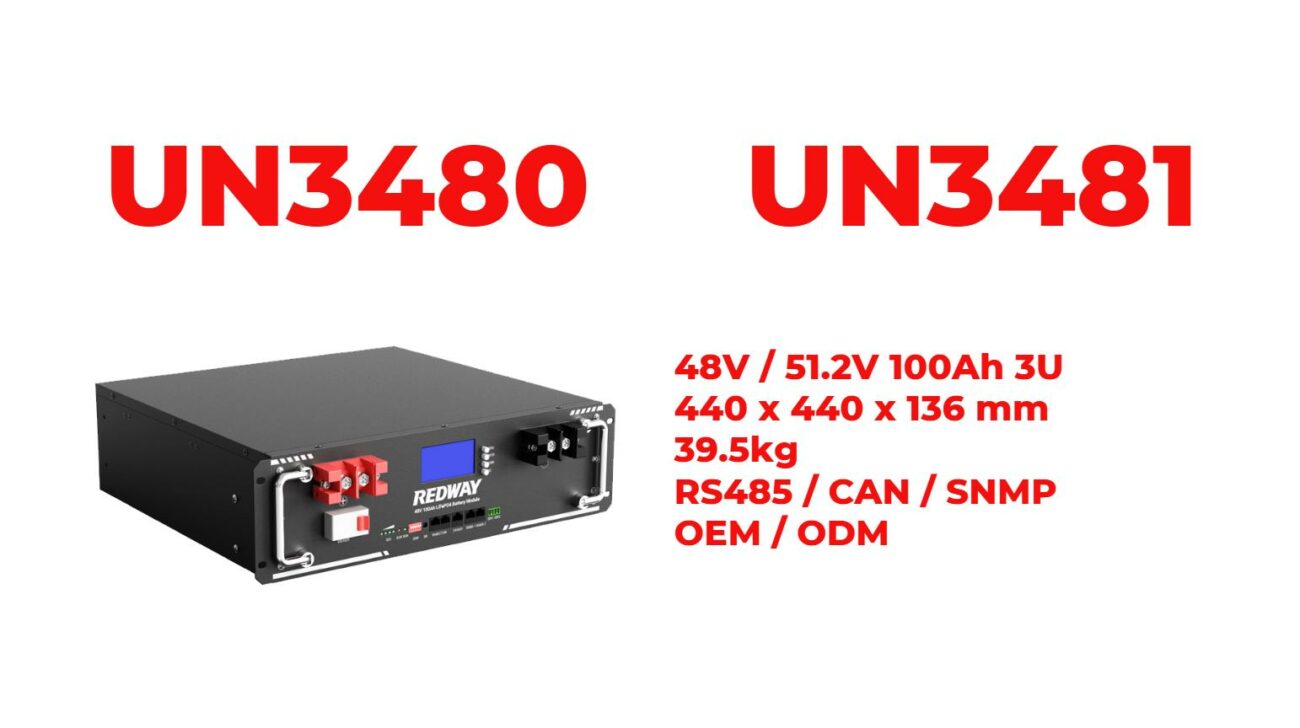Why Can’t You Put Out a Lithium Battery Fire?
Why can’t you put out a lithium battery fire? Lithium battery fires are notoriously difficult to extinguish due to the chemical properties of lithium and the nature of the batteries themselves. Understanding these challenges is crucial for effective fire management and safety during emergencies involving lithium batteries.
What makes lithium battery fires difficult to extinguish?
Lithium battery fires are challenging to manage for several reasons:
- Thermal Runaway: When a lithium battery overheats, it can enter a state known as thermal runaway, where the heat generated exceeds the ability to dissipate it. This results in an uncontrollable fire that can reignite even after being extinguished.
- Flammable Electrolytes: The electrolytes used in lithium batteries are highly flammable and can produce toxic gases when burned, complicating firefighting efforts.
- High Temperatures: Lithium battery fires can reach temperatures exceeding 1,000°F (538°C), making conventional firefighting methods less effective.
Chart: Challenges of Extinguishing Lithium Battery Fires
| Challenge | Description |
|---|---|
| Thermal Runaway | Uncontrolled heat generation |
| Flammable Electrolytes | Release of toxic gases |
| High Temperatures | Conventional methods may fail |
How do lithium battery fires behave differently from other fires?
Lithium battery fires exhibit unique behaviors that set them apart from typical fires:
- Reignition Risk: Even after being extinguished, lithium batteries can reignite due to residual heat or chemical reactions within the cells.
- Multiple Cell Failures: In larger battery packs, individual cells may fail at different rates, leading to multiple ignition points and complicating suppression efforts.
- Explosive Reactions: When exposed to water or certain chemicals, lithium can react violently, potentially causing explosions.
What methods are effective for extinguishing lithium battery fires?
Effective methods for extinguishing lithium battery fires include:
- Class D Fire Extinguishers: These are specifically designed for metal fires and can smother lithium flames effectively.
- Aqueous Vermiculite Dispersion (AVD): This agent surrounds the burning cells and cuts off oxygen supply, helping to control the fire.
- Specialized Foam Extinguishers: Foam-based agents can effectively cool the burning material and prevent re-ignition.
Chart: Effective Methods for Extinguishing Lithium Battery Fires
| Method | Description |
|---|---|
| Class D Fire Extinguishers | Designed for flammable metal fires |
| Aqueous Vermiculite Dispersion | Surrounds burning cells to cut off oxygen |
| Specialized Foam Extinguishers | Cools burning material and prevents re-ignition |
Why is water not recommended for lithium battery fires?
Water is not recommended for extinguishing lithium battery fires due to the following reasons:
- Violent Reactions: Water can react with metallic lithium, causing explosive reactions that exacerbate the fire.
- Ineffective Cooling: Water may not effectively cool the burning cells, allowing thermal runaway to continue.
- Spread of Fire: Using water can spread the flammable electrolytes, increasing the risk of fire spreading to other areas.
What safety precautions should be taken when dealing with lithium battery fires?
When dealing with potential lithium battery fires, consider these safety precautions:
- Evacuate Area: Ensure all personnel are evacuated from the vicinity of the fire.
- Use Appropriate Extinguishers: Have Class D or specialized foam extinguishers readily available.
- Call Emergency Services: Always notify local fire authorities when dealing with a significant fire involving batteries.
- Monitor for Reignition: After extinguishing, continuously monitor the area for signs of reignition.
Expert Views
“Understanding how to manage a lithium battery fire is critical in today’s technology-driven world. Always prioritize safety by using appropriate extinguishing agents and following established protocols,” advises an industry expert.
Industrial News
Recent developments in firefighting technology have focused on improving methods for extinguishing lithium-ion battery fires. New agents designed specifically for these types of fires are being tested and implemented across various industries. Additionally, awareness campaigns are being launched to educate consumers about safe handling practices and emergency responses related to lithium batteries.
Frequently Asked Questions
- Can I use regular water on a lithium battery fire?
No, using water can cause violent reactions and should be avoided. - What type of extinguisher is best for a lithium-ion battery fire?
Class D fire extinguishers or specialized foam extinguishers are most effective. - How can I prevent a lithium battery fire?
Store batteries properly, avoid overcharging, and regularly inspect them for damage.

